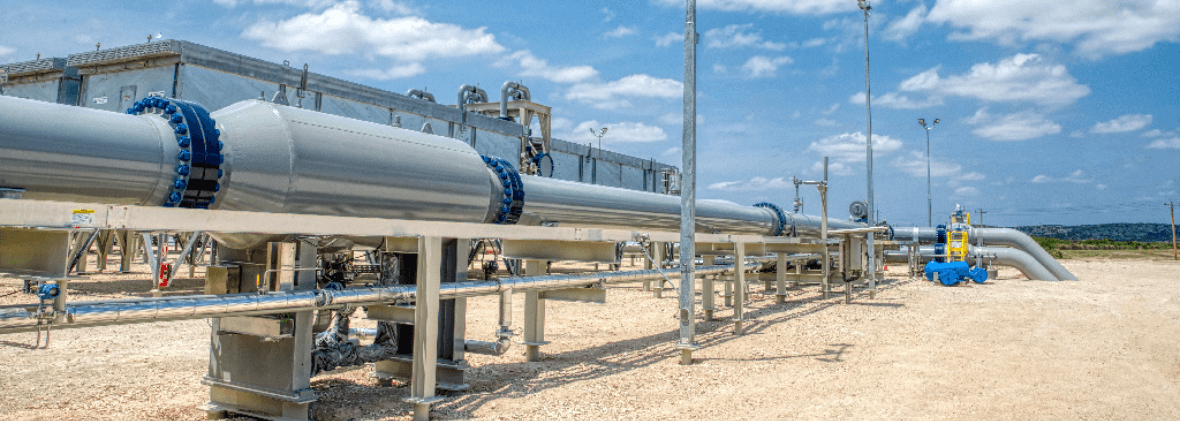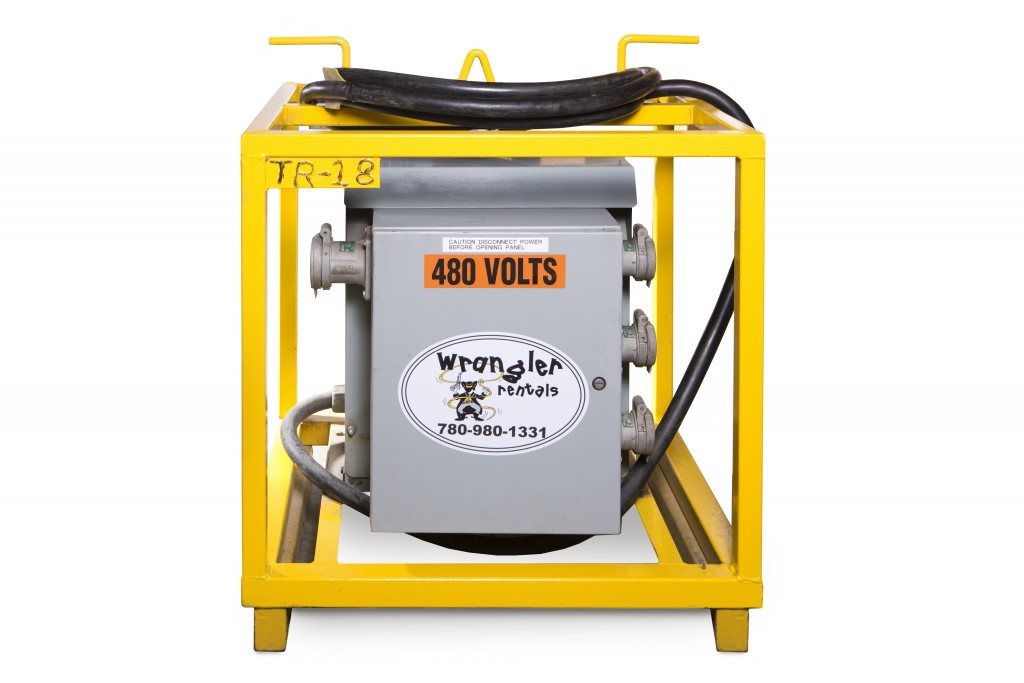Superior Rentals midland: local expertise for field operations
Wiki Article
A Comprehensive Overview to the Different Kinds Of Oil Field Equipment and Pipeline Equipment Available
The oil and gas market relies heavily on customized tools for reliable removal and transportation. Various types of equipment, from drilling rigs to tank, play essential roles in this complex procedure. Each piece of tools offers distinctive features that add to total functional success. Recognizing these parts is vital for anybody included in the market. As the industry advances, so also do the modern technologies that support it. What innovations are on the horizon?
Drilling Rigs: The Foundation of Oil Exploration
Drilling rigs serve as the important machinery in the domain of oil exploration, allowing firms to accessibility hydrocarbon reserves buried deep under the Planet's surface area. These rigs can be found in numerous kinds, including land rigs, offshore rigs, and mobile units, each made to run in certain atmospheres. Equipped with innovative modern technology, drilling rigs can pass through geological formations with precision, making sure effective resource extraction. The structural stability and operational capabilities of these rigs are vital, as they must withstand severe problems and considerable pressures. The option of a drilling gear influences the general task expense and timeline, making it an important consideration for oil business seeking to optimize their exploration initiatives and optimize efficiency in their procedures.Pumps: Vital for Fluid Motion
In the oil removal process, the role of pumps is significant, facilitating the movement of liquids throughout numerous stages of production. Pumps are vital for carrying crude oil, water, and other liquids from below ground storage tanks to the surface and afterwards via pipes to refineries. They come in different kinds, consisting of centrifugal, positive variation, and completely submersible pumps, each serving certain objectives based on the liquid characteristics and functional needs. Centrifugal pumps are typically used for their effectiveness in high-flow applications, while favorable displacement pumps stand out in handling viscous fluids. The option of pump impacts total efficiency, functional safety, and maintenance expenses. Correct choice and upkeep of pumps are essential for maximizing manufacturing and lessening downtime in oil field procedures.Valves: Controlling Circulation and Pressure

Valves play a vital duty in managing the flow and pressure of fluids within oil areas and pipes. Different kinds of valves serve distinctive applications, each made to meet specific features essential for efficient procedure - Superior Rentals reviews. Recognizing the attributes and uses these shutoffs is important for optimizing system performance and safety and security
Sorts of Valves
Vital parts in oil field procedures, valves play a crucial role in managing the circulation and pressure of liquids within pipelines and tools. Numerous sorts of shutoffs are utilized to fulfill the diverse requirements of oil and gas manufacturing. Typical kinds include gateway valves, which give a straight-line flow and marginal stress drop; world valves, known for their throttling capacities; and round valves, recognized for their fast on/off control. Additionally, check valves stop backflow, while butterfly shutoffs supply a light-weight remedy for regulating circulation. Each valve type is created with particular materials and setups to hold up against the rough conditions usually located in oil fields, making certain reliability and performance in procedures. Comprehending these kinds is critical for effective system administration.Valve Applications and Functions
While numerous kinds of valves serve unique functions, their main applications focus on controlling circulation and pressure within oil and gas systems. Valves such as gateway, world, and round valves regulate liquid motion, guaranteeing peak performance and safety and security. Gateway shutoffs are commonly made use of for on/off control, providing very little circulation resistance. World valves, on the various other hand, offer specific circulation law, making them appropriate for throttling applications. Ball valves are favored for their quick procedure and tight sealing capabilities. In enhancement, pressure relief valves are important for avoiding system overpressure, securing devices stability. In general, the suitable choice and application of shutoffs improve functional performance, making certain the reputable transport of oil and gas through pipes and handling facilities.Compressors: Enhancing Gas Transport
Compressors play a vital function in construction equipment manufacturers the effective transportation of natural gas, guaranteeing that it relocates efficiently via pipelines over fars away. These tools raise the pressure of natural gas, permitting it to overcome rubbing and elevation changes within the pipeline system. Furthermore, compressors facilitate the harmonizing of supply and need, accommodating fluctuations in usage and manufacturing prices. Different kinds of compressors are employed in the industry, consisting of centrifugal, reciprocating, and rotating screw compressors, each offering distinctive advantages based upon the operational needs. Normal upkeep of these compressors is necessary to maximize performance and decrease downtime, eventually adding to a trusted gas transport network. Their essential feature underscores the importance of compressors in the overall oil and gas facilities.Storage Tanks: Safe and Reliable Fluid Monitoring
Reliable transport of all-natural gas relies upon various supporting systems, among which is the correct administration of storage tanks. These storage tanks play an essential function in safely containing fluids, ensuring that operational performance is preserved while minimizing ecological risks. Created from sturdy products, they are created outside pipe leaking to stand up to high stress and corrosive elements. Correctly sized and purposefully situated, storage space containers help with the smooth circulation of gas and other liquids, avoiding bottlenecks in supply chains. Normal upkeep and surveillance are important to detect leakages or architectural problems, promoting safety and security and compliance with regulative standards. Inevitably, the reliable administration of tank is crucial for the overall stability and reliability of the oil and gas sector's fluid handling systems.
Pipeline Equipments: Facilities for Transport
Pipeline systems serve as the backbone of the oil and gas industry, facilitating the effective transport of hydrocarbons over substantial ranges. These systems include numerous components, consisting of pipelines, shutoffs, pumps, and compressors, all meticulously created to ensure seamless flow. The materials made use of in pipeline building, typically steel or high-density polyethylene, are chosen for toughness and resistance to deterioration. Pipeline networks can extend across land and water, connecting production sites to refineries and warehouse. In addition, advanced technology allows real-time tracking of flow prices and stress levels, enhancing functional efficiency. The tactical placement of these pipes minimizes environmental effect while optimizing resource availability, consequently playing a crucial duty in conference energy demands globally.Safety Equipment: Ensuring Worker and Environmental Management
The procedure of pipeline systems, while crucial for energy transportation, also offers significant security difficulties for employees and the atmosphere. Security equipment plays a substantial duty in alleviating these threats. Personal protective equipment (PPE) such as helmets, handwear covers, and non-slip shoes safeguards employees from physical hazards. In addition, gas detection systems monitor for leaks, ensuring that harmful substances do not position a hazard to personnel or the surrounding environment. Emergency great post to read closure systems are necessary for promptly halting procedures during a situation, protecting against prospective calamities. Spill control materials, consisting of absorbents and barriers, are essential for minimizing ecological impact. In general, buying comprehensive security equipment is vital for preserving functional stability and shielding both employees and the atmosphere in the oil and gas field.
Regularly Asked Questions
Exactly how Do I Choose the Right Oil Field Equipment for My Job?
Picking the best oil field equipment includes evaluating task specifications, spending plan constraints, and operational requirements. Think about factors such as devices reliability, compatibility with existing systems, and the supplier's reputation to assure peak performance and safety.What Are the Maintenance Requirements for Oil Field Equipment?
Maintenance requirements for oil area tools consist of regular assessments, lubrication, and prompt repairs. Operators should likewise abide by maker guidelines, screen performance metrics, and assurance conformity with security guidelines to improve long life and efficiency.
How Can I Guarantee Conformity With Environmental Laws?
To guarantee conformity with environmental laws, firms need to carry out normal audits, execute finest techniques, invest in training, keep appropriate paperwork, and remain upgraded on regulation (Superior Oilfield Rentals Texas). Collaboration with ecological companies can also improve adherence to regulationsWhat Is the Ordinary Life Expectancy of Pipeline Equipment?
The average lifespan of pipeline equipment generally varies from 20 to 50 years, relying on aspects such as material quality, ecological problems, and upkeep practices. Routine examinations can substantially influence durability and functional performance.How Do I Safely Transport Oil Field Equipment to Remote Locations?
Transferring oil area tools to remote locations needs cautious preparation, consisting of course analysis, protecting licenses, using appropriate lorries, and ensuring safety protocols are adhered to. Appropriate training and communication amongst staffs are vital for successful transport.Report this wiki page